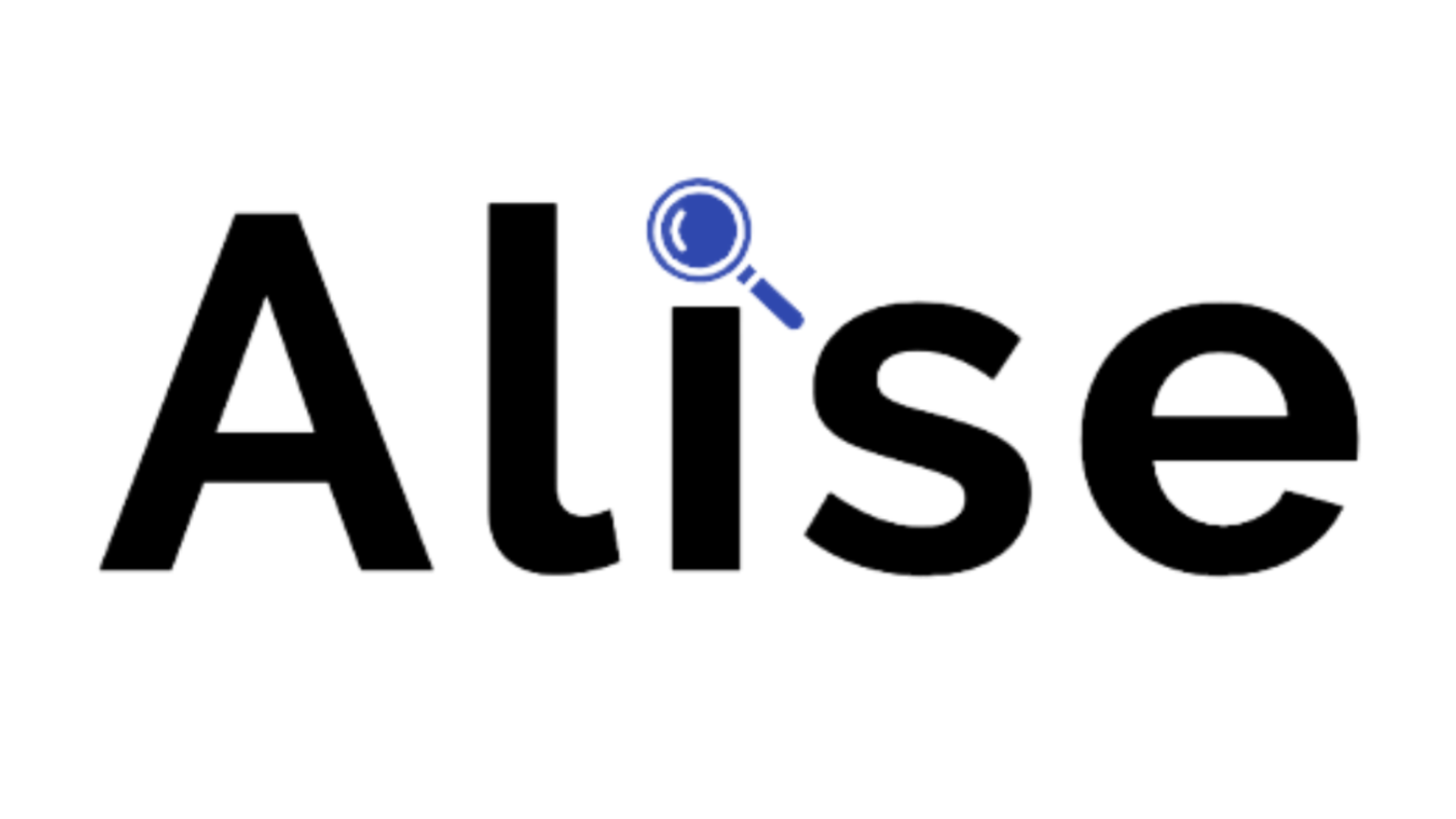Legal Research is the process of identifying and retrieving information necessary to support legal strategies. The most basic, but often most important step in legal research is to find a noteworthy case governing the issues in question. In other words, properly identifying and researching any legal precedent that might influence or aid in your case.
However, this task can often be tedious and quite time consuming, as it involves going over thousands of pages from past cases. Still, it is essential that Legal research is done in an effective manner, as it could influence the outcome of any case.

Problems arise when legal firms do not have the necessary tools to streamline this portion of the research process. If individual departments are isolated from one another, the exchange of information between them is complicated by “storage silos”. As data exchange relies heavily on written reports and personal meetings, crucial information will be lost and the research will be lacking. In some cases, not having the appropriate legal information necessary for a certain case can make all the difference.
To address this, AL!SE introduces technologies that expose the unstructured content and associated metadata to users and applications in an structured way. In other words, Alise is able to integrate Natural Language Processing to other programs, including legal databases, in order to derive meaning from unstructured, in this case text, data.

Similar to a human mind that is establishing connections between concepts and objects, AL!SE provides technology that allows organizations to replace traditional file systems with more user-friendly and intuitive systems.
SELECA, or the semantic legal case assistant, focuses on speeding up and ease decision finding within compliance management. Seleca shows semantic matches to searched legal facts and is capable of improving the quality of the result of the knowledge extraction (Text Mining) from natural linguistic text. It helps build a semantic library by managing legal cases and legislative text with metadata based on ontological rulesets.
Simply put, SELECA builds on our semantic framework that offers harvesting, analysis, linking, storing and reasoning from the available data. It analyses past legal cases available on your database and creates meaningful summaries of the data; cutting on time are resources needed to perform a valid legal analysis.


No responses yet